Weedkiller wars: The battle for farming’s future
A US jury and the World Health Organisation have determined that glyphosate might cause cancer. But, as James Moore explains, the legal and PR fight over the herbicide is far from resolved

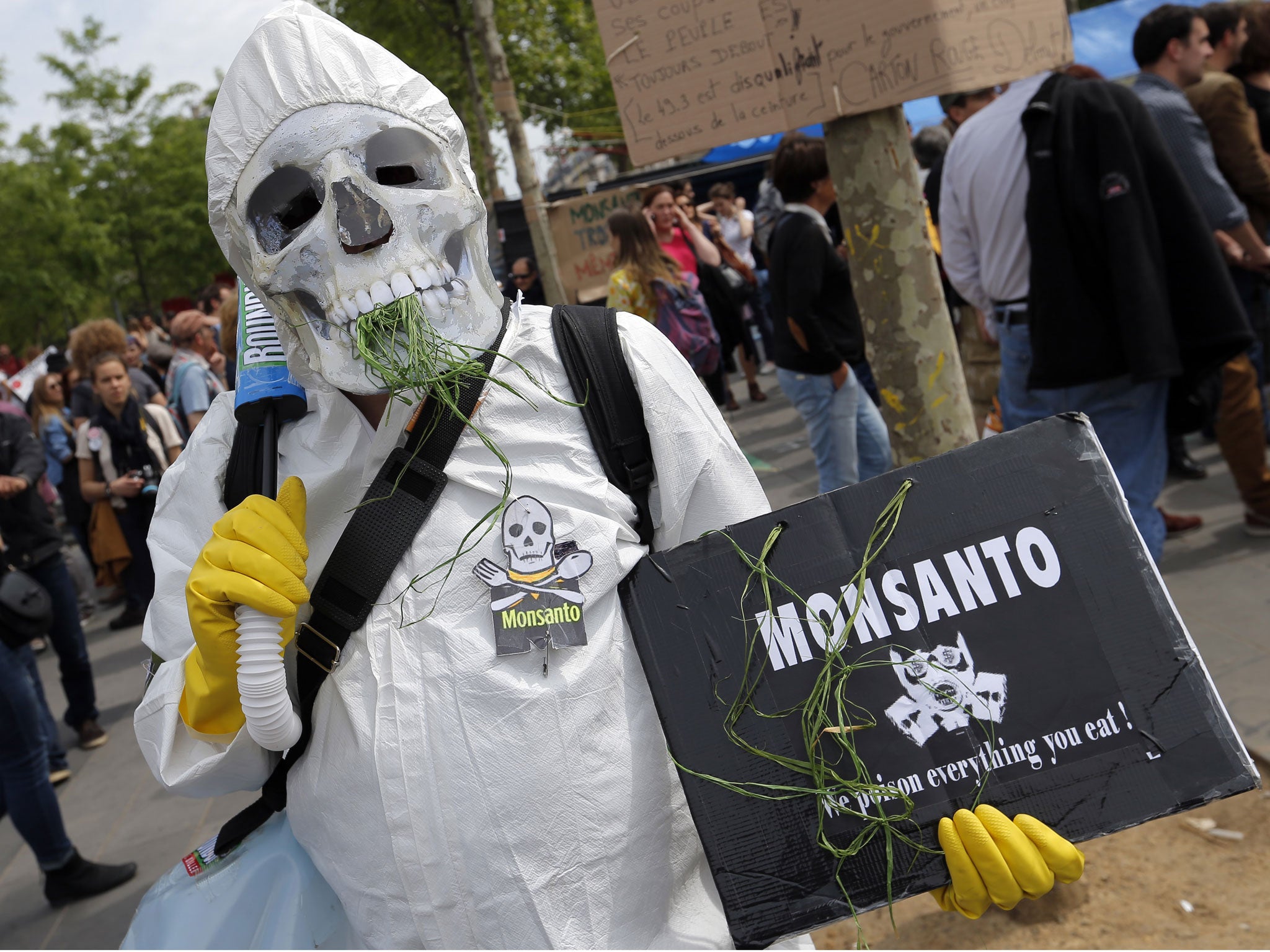
Monsanto’s herbicide Roundup was once marketed to farmers as “a herbicide that gets to the root of the problem”.
Lately it’s become clear that it could be causing as many problems as it fixes, with the World Health Organisation assessing that it “probably” causes cancer in humans, a claim dismissed by parent company Bayer. A California jury this summer awarded a man exposed to the chemical through his work $289m (£220m) in damages. Thousands more cases are pending.
This has left Monsanto – and Bayer, the German life sciences giant that paid $66bn to acquire the firm – with a big problem. Now, investigations by The Independent and Greenpeace have uncovered the controversial PR tactics used by agencies that Monsanto, and other manufacturers, hired to fix it.
Roundup is the brand name for weedkillers based on glyphosate, one of the world’s most widely used agricultural chemicals. It is deployed by both giant agri-businesses and gardeners. It can readily be bought off the shelf from DIY chains, garden centres and other such outlets, in spray or bottle form, as a “fast action ready to use weedkiller”.
This comes despite the findings of the World Health Organisation’s International Agency for Research on Cancer in 2015 which placed the substance in category Group 2A. This means it is deemed to be “probably carcinogenic to humans”, the second most dangerous of the classifications. Also in 2A is DDT, a pesticide that became infamous for its negative environmental impact; hydrazine, a chemical used in rocket fuels; and inorganic lead compounds.
“This classification is still valid,” a WHO spokesperson told The Independent.
While the EU nonetheless relicensed the product late last year in the wake of a concerted lobbying effort, the French government of Emmanuel Macron made a campaign pledge to outlaw its use – although to date its promises have been frustrated by the National Assembly.
Against this backdrop came the US legal case, described as the “ultimate David and Goliath” struggle, in pitching terminally ill janitor Dewayne Johnson against a giant corporation. In August his slingshot hit home. But the battle is far from over and Monsanto may yet win a new trial after a Californian judge ruled that there might have been insufficient evidence to justify punitive damages.
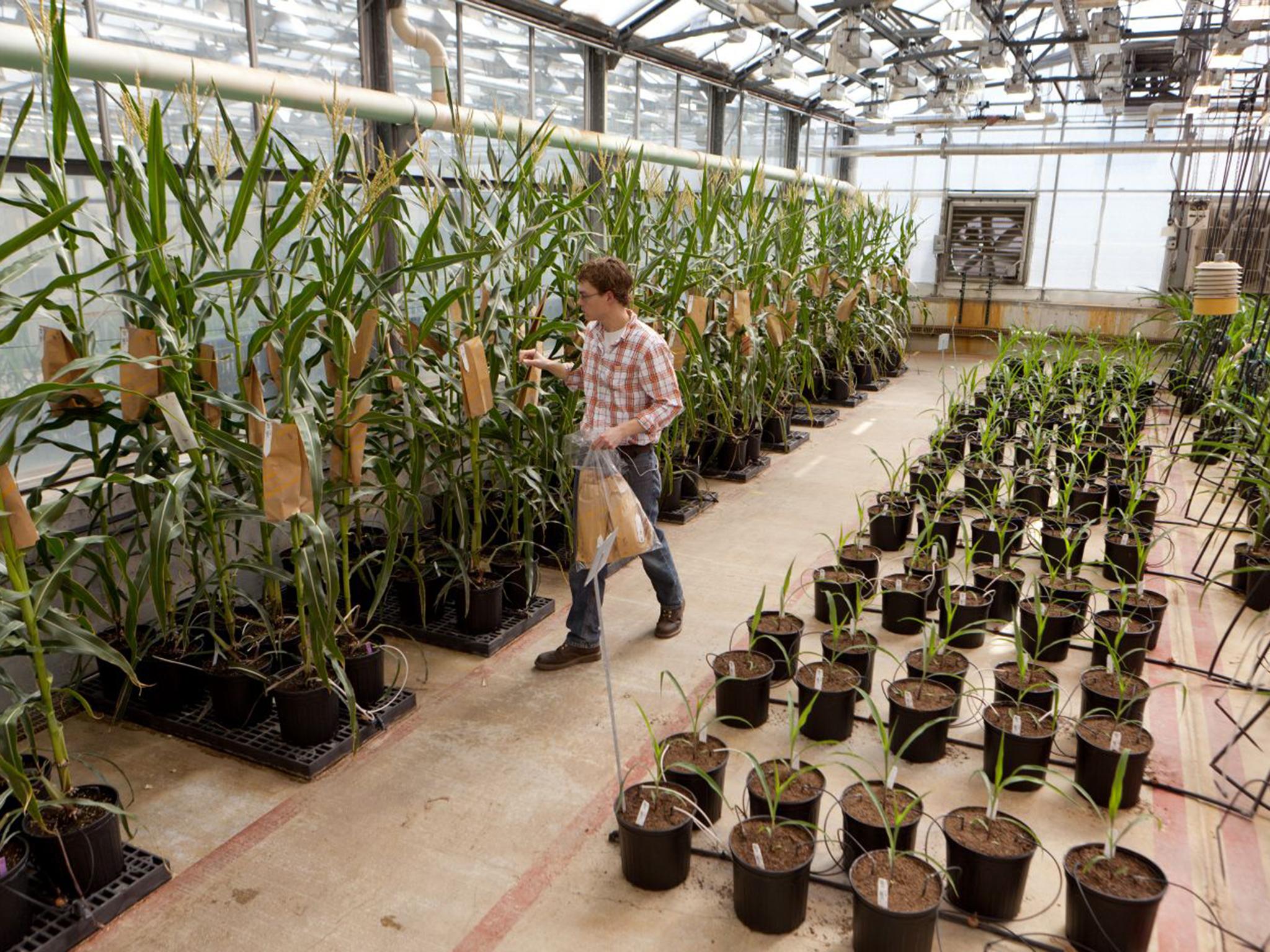
Even if the decision is ultimately overturned there are, according to the Reuters news agency, 8,000 similar lawsuits in US state and federal courts. And as the tobacco industry can testify, it only takes one confirmed verdict in favour of a plaintiff to launch a landslide.
There have also been recent studies linking the chemical to the disturbing decline in the honey bee population, although here too Monsanto disputes the findings. As the battles over glyphosate use intensify, billions of dollars are at stake.
Neither Monsanto, nor Bayer, have ever detailed the exact contribution of Roundup, or the seeds for Roundup-resistant crops that are more important still, to the business. However, in an August call with analysts, Bayer said that glyphosate made up a “significant” portion of the revenues reported by Monsanto’s agricultural productivity division. It generated $3.7bn (£2.8bn) during the company’s 2017 financial year, despite the fact that the chemical, introduced in 1974, has been off patent for several years and is now also sold by several competitors.
The unit responsible for genetically engineered seeds that are resistant to glyphosate and other herbicides, meanwhile, generated $10.9bn over the same period.
The brand name features prominently in Monsanto’s results statements.
“Bayer beware”, was the Economist’s clever headline in the wake of the Johnson verdict. The German group’s bet on Monsanto is also a bet on glyphosate, and it had to dispose of several businesses as part of a protracted regulatory process to get its $66bn horse home.
Given these issues, it should come as no surprise that Monsanto, along with other manufacturers of glyphosate products, sought the help of reputation management specialists with skills in PR, lobbying and spin.
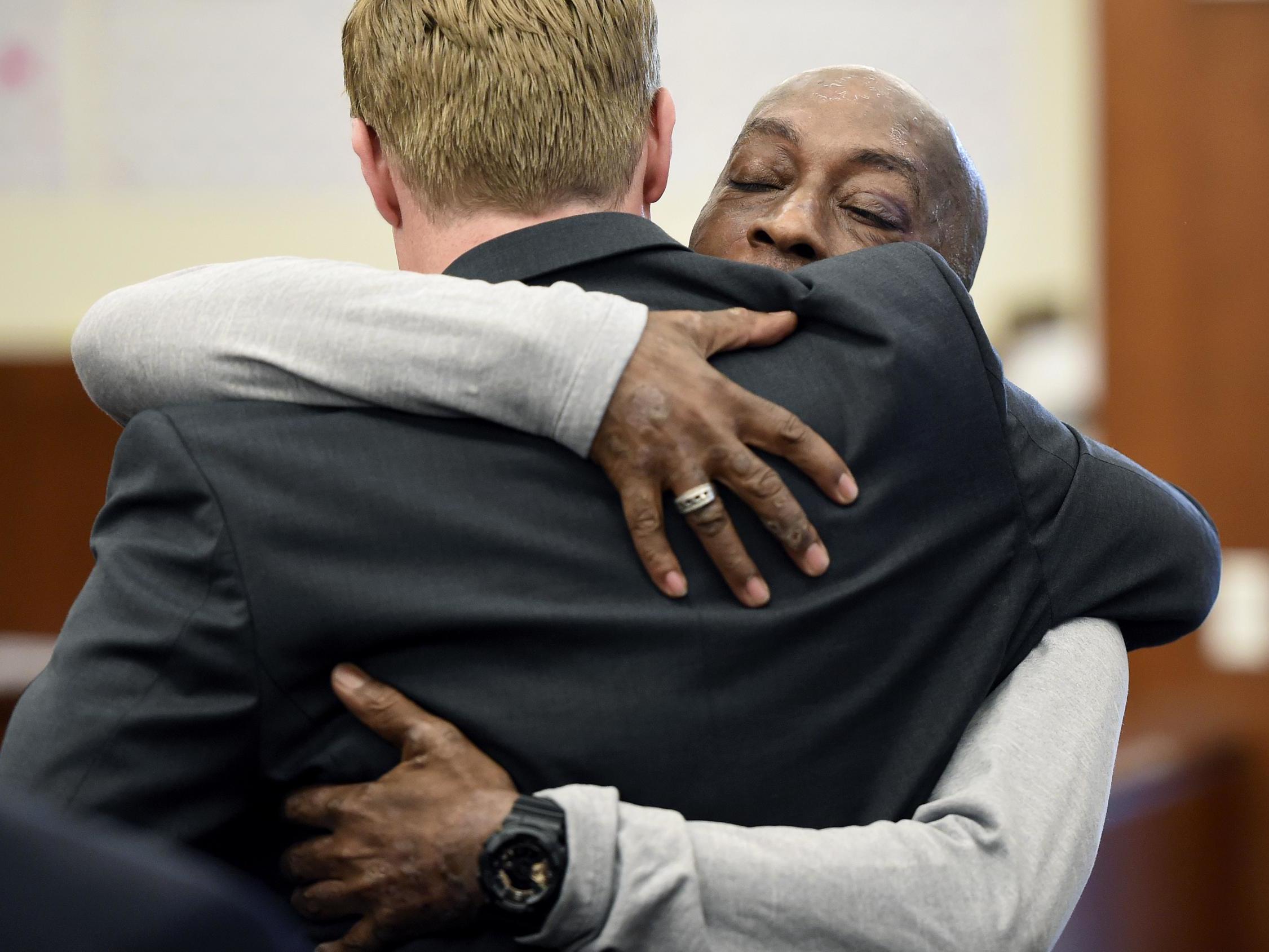
But the tactics employed by Dublin-based Red Flag Consulting and the Trump campaign-linked US-based Lincoln Strategy have proved to be highly controversial. Greenpeace, for one, has accused them of engaging in methods “straight out of the fossil fuel and tobacco lobbyists’ playbook”.
“Freedom to Farm” declares itself to be a “grassroots campaign” led by farmers fearful of the impact of a glyphosate ban on their livelihoods.
It has been a fixture at agricultural shows around Europe, with the name typically translated into the language of the host country.
In France, for example, it goes under the banner of “Agriculture et Liberté”. In Germany it is Raum für Landwirtschaft. The “Freedom to Farm” name is sometimes used in the show catalogues, which declare that it has been active in the “eight most important EU countries”.
The campaign has been particularly active in France, which should come as no surprise given the efforts of the Macron government to ditch the chemical. There, in addition to stands at agricultural shows, it has a website, a Facebook page, and a Twitter feed, the latter pair of which post general news of interest to farmers in addition to pieces defending the use of glyphosates.
The website declares that French farming is “under threat!” It is sharply critical of the efforts to ban the substance, claiming it will harm agriculture and damage the interests of farmers.
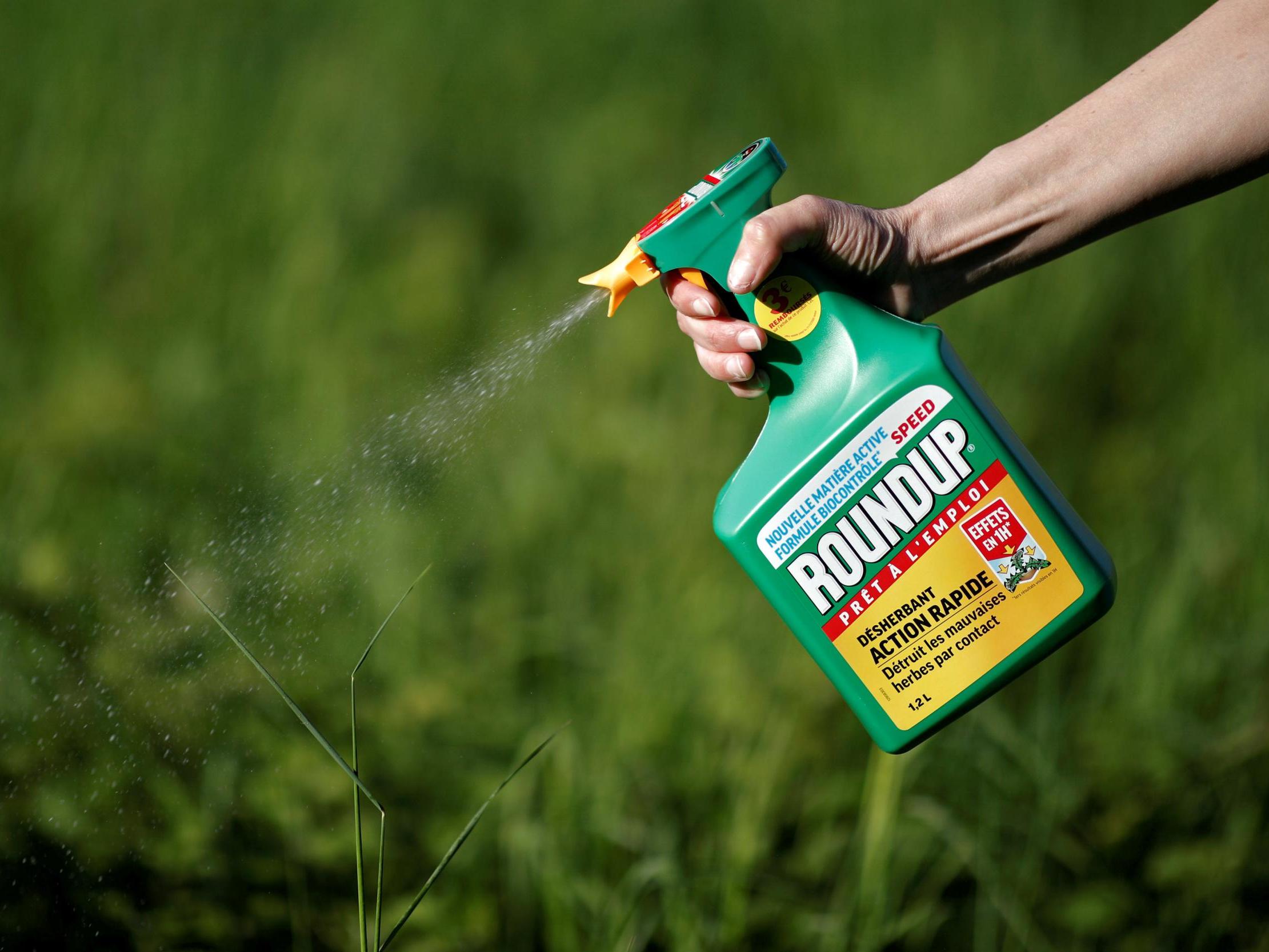
It warns of “a lack of credible alternatives”, arguing that the consequences of a ban could include crop yields being reduced by up to 40 per cent, increasing costs for farmers, and lowering incomes to the extent that “survival of our agriculture” is threatened as a result.
It also says French farmers could be subject to “unfair competition” from rival countries where the chemical remains in use. Moving away from glyphosate, it examines tax issues as well as efforts to reform the EU’s Common Agricultural Policy. It’s not just the chemical, you see!
The site’s statements are said to be from “a group of French farmers who have united to protect our way of life and our livelihoods”.
It does declare that they are “supported by a coalition of users and manufacturers of agricultural products”. But it does not mention who those manufacturers might be. Nor do the names Red Flag or Lincoln Strategy appear anywhere on the site, in contrast to the Freedom to Farm materials produced in other European countries, where the former is typically listed as the administrator of this “grass roots led” but manufacturer-supported campaign.
A French media report of a 2018 Salon de l’Agriculture farming show in Paris highlighted the campaign’s stand there, reporting that it employed hostesses to explain to visitors that they worked for a group of farmers and wine makers who could not do without the herbicide.
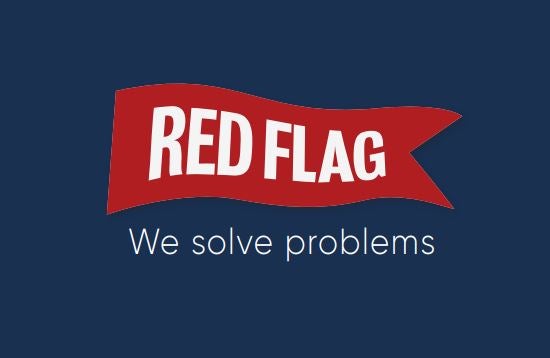
Greenpeace’s investigation unit Unearthed also notes their appearance in “contemporaneous reviews” which talked of “hostesses working at (agricultural show) booths who said that their job involved distributing ‘truth clarification materials’ about glyphosate, gathering farmers’ contact information, and securing their signatures for petitions”.
The stands do not typically feature the name “Monsanto”. Its presence has, however, been found by stand visitors who have engaged in a little digging.
Sadly, European governments including the UK extended the lifespan of glyphosate despite the WHO describing it as a probable carcinogen, and the EU’s own reports documenting environmental risks
The journalist who wrote the piece for RTL reported that the stand manager explained to her that it was well funded by Monsanto and three other manufacturers. “The manufacturers had been away from the show for five years,” she wrote archly. “They came back. You just had to look for them a little.”
Well-funded is an apt description for the campaign. The EU’s Transparency register, which lists organisations representing various interests at EU level, states that Red Flag was paid between €100,000 and €199,000 by Monsanto for its work in this sphere in its most recent filing.
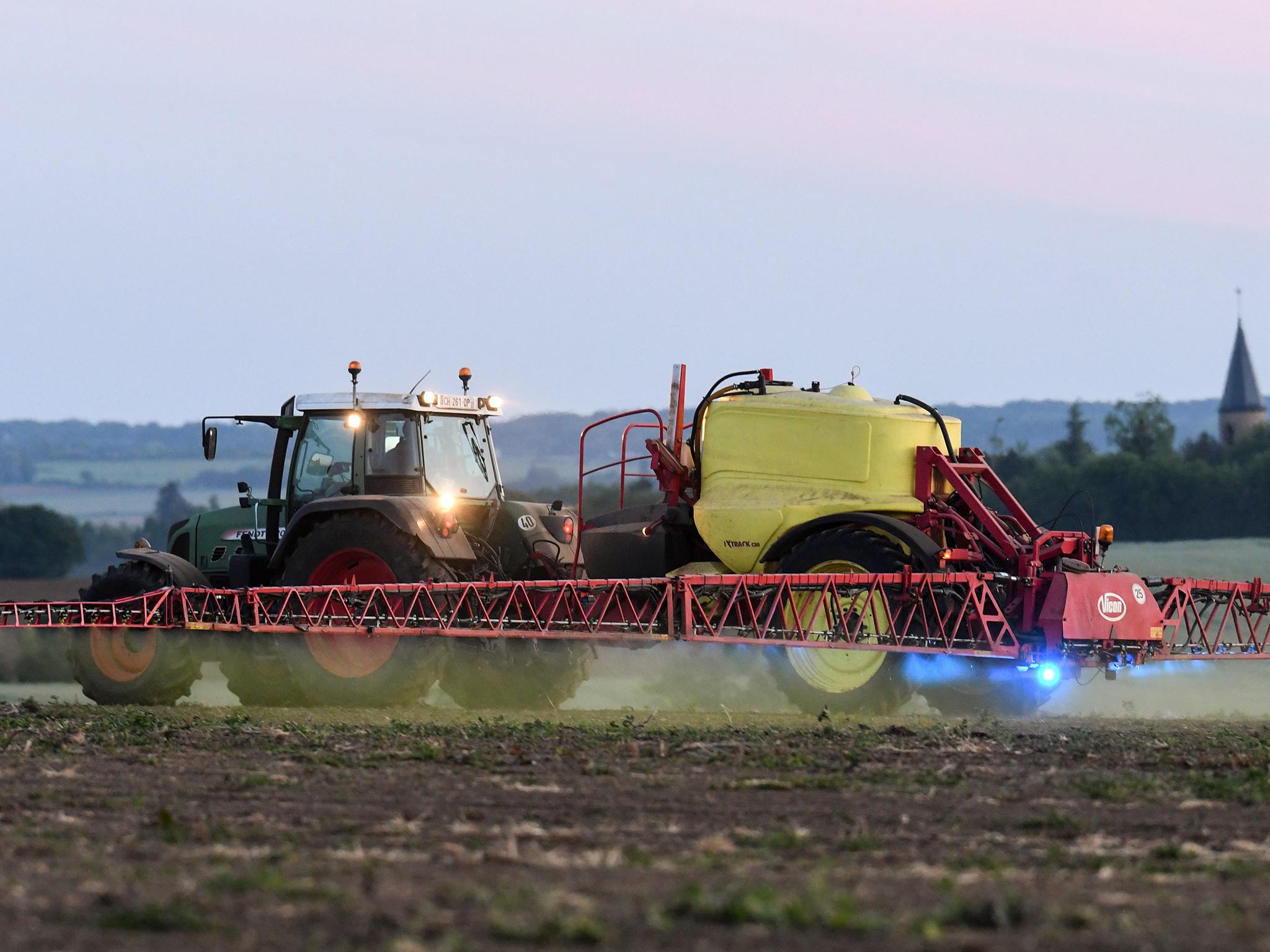
But is the campaign successful? France has thousands of farmers, but the “grass roots” campaign in that country has secured just 118 followers on Twitter, not all of whom are farmers. The Facebook page has done better, with just over 1,000 followers and 995 likes, but there wouldn’t seem to be grounds for concern about ports or roads being blockaded in defence of glyphosate any time soon.
It has also struggled to find an eloquent spokesperson from a French farming community that isn’t usually shy about venting its spleen about the issues it faces. In fact, the only person quoted in any media report concerning the campaign is one Daisy Odabasi, who is listed as a field operations manager for Lincoln. Her email address is included in the catalogues for the agricultural shows where the campaign has been represented.
The campaign’s lobbying activities, however, have proved more fruitful. Glyphosate was, after all, relicensed. And then there’s Red Flag’s marketing brochure, supplied to The Independent by Unearthed.
It boasts of its work on what is described as “the single biggest regulatory and public affairs campaign in the European Union” that used “strategic media and alliances of non-traditional allies in an effort to change the positions of identified targets in national governments in France, Germany, UK, Poland, Spain, Netherlands, Italy and Romania”.
It continued: “Red Flag leveraged these efforts on identified targets through media and direct engagement to ultimately change votes in a key committee in Brussels to bring about a win for our client.”
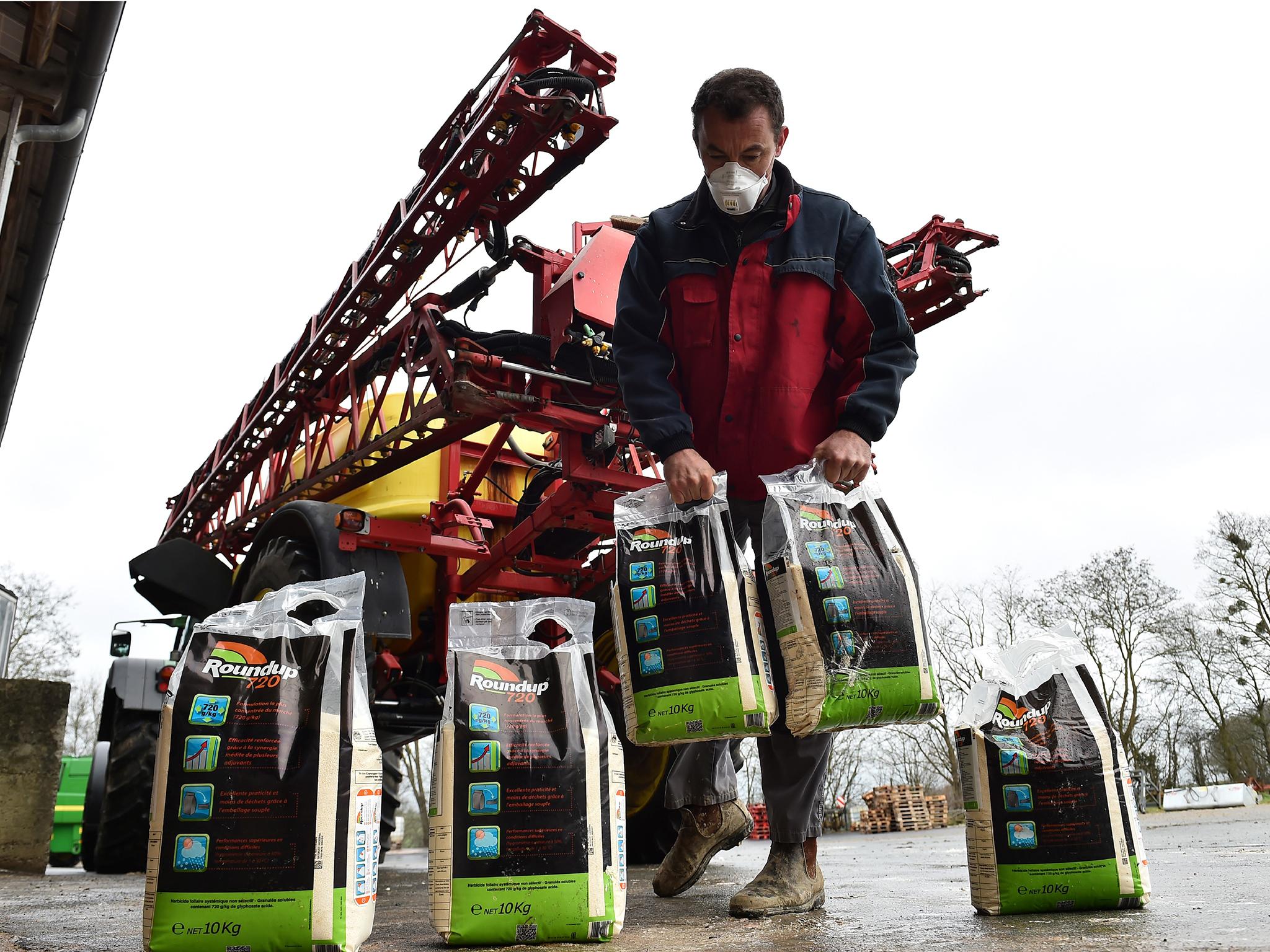
It does not state who that client was, or what the campaign was in aid of, even though some of its other “case studies” do that. However, it does seem to be Monsanto.
Greenpeace is highly critical of the work of Red Flag, set up by an Irish journalist turned political spin doctor for the conservative Fine Gael party – Karl Brophy, who also works for Lincoln. It has an even more colourful founder in the form of Nathan Sproul, a US conservative activist with links to the Trump campaign.
A Greenpeace spokesman said: “A jury in the US recently concluded that Monsanto knew all along (or should have known) about the dangers posed by their weedkiller and should have warned consumers about them.
“Sadly, European governments including the UK … extended the lifespan of glyphosate despite the WHO describing it as a probable carcinogen, and the EU’s own reports documenting environmental risks.”
Thousands of people – motivated by a genuine fear for their livelihoods, their families and Europe’s ability to produce food safely and sustainably into the future – signed up in person to hear more about what was happening
When The Independent suggested to Red Flag that the campaign’s tactics looked like “astroturfing” – presenting an orchestrated marketing campaign as a grassroots movement and masking the sponsors – Mr Brophy said “we categorically reject your allegation”.
And it is true that the manufacturer’s interest is declared. Their names can be found, as the French journalist said, with a bit of digging.
In a lengthy statement, Mr Brophy said: “Red Flag is an agency with a number of clients in the food and agriculture sectors and a wide network of contacts in the agricultural community. We worked to bring a number of our clients and contacts together in order to help those people who would be most affected by a potential glyphosate ban – the farmers who produce Europe’s food – to come together, to understand what was happening and to make their voices heard.
“The group names to which you refer are simply the localised branding of the project by which we provided these people with relevant information, which they could then choose to use to make their own voices heard in debates in their own countries.”
Mr Brophy continued: “Ultimately, thousands of people – motivated by a genuine fear for their livelihoods, their families and Europe’s ability to produce food safely and sustainably into the future – signed up in person to hear more about what was happening, and we provided them with factual information about the science and the policy-making process around this issue.
“We are grateful to several clients for supporting the project. But it was the farmers who stood to lose most if an activist-led campaign to ban glyphosate – flying in the face of science, the position of all relevant EU regulatory agencies and the position of the European Commission – was successful. And it was the farmers who responded to the threat.”
Mr Brophy said any suggestion that the programme of “awareness-raising and education” was deceptive “is entirely unfounded”.
“We provided Red Flag’s name and contact details, including postal and email addresses, on various materials we used. This information was provided on every single form, and every single email that we sent to people who completed a form confirming that they wanted to receive more information from us.
“You will also note that the Agriculture et Liberté website clearly states that the project is supported by manufacturers of glyphosate products. In every instance, Red Flag has responded directly and transparently to the, very natural, questions which have arisen (whether from farmers, other members of the public, agricultural stakeholders or journalists) about the manufacturers who have supported this project.”
Mr Brophy said Lincoln was engaged as a supplier to “provide logistical support”.
All existing initiatives within Monsanto will be reviewed and assessed in the coming months, in the light of Bayer’s guiding principles of transparency
Ms Odabasi, who did not respond to an email seeking comment, was, he stated “not a representative or spokesperson of Agriculture et Liberté”. He said she was “asked some questions by a journalist at a stand and answered them fully transparently, as we do at every opportunity”.
He added: “Last November, a very large majority of European Union countries voted to reauthorise glyphosate. They did so in the face of a well-funded professional activist campaign that cynically misrepresented science and tried to get European countries to overrule their own, world-leading regulatory agencies and the European Commission. One of the reasons these activists failed to get their blocking minority (of just 35 per cent of European countries by population) was because the people who produce the best food in the world, Europe’s farmers, made sure their voices were heard. We’re proud to have played a small part in providing the information that was used by many committed individuals to stand up for their livelihoods, their communities and for the future of Europe’s food supply.”
Christian Hartel, head of corporate media relations for Bayer, said: “The ‘Freedom to Farm’ project is managed by Red Flag and supported by a coalition of users and manufacturers of glyphosate and other plant protection products, including Monsanto. The effort is supported by thousands of farmers in different European countries, who have been making their voices heard in support of continued access to this vital tool for modern and sustainable agriculture.
“Regarding the future of this programme: the integration process of Monsanto within Bayer just started at the end of August 2018. In this context, all existing initiatives within Monsanto will be reviewed and assessed in the coming months, in the light of Bayer’s guiding principles of transparency and dialogue.”
Join our commenting forum
Join thought-provoking conversations, follow other Independent readers and see their replies
Comments
Bookmark popover
Removed from bookmarks